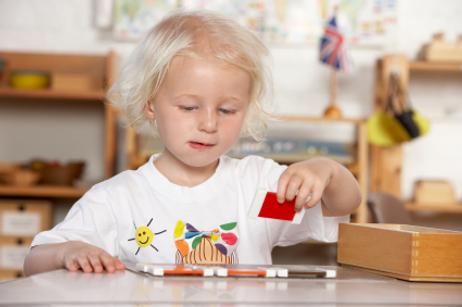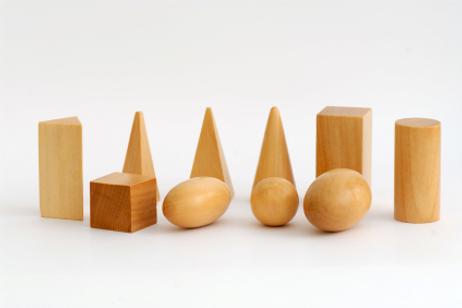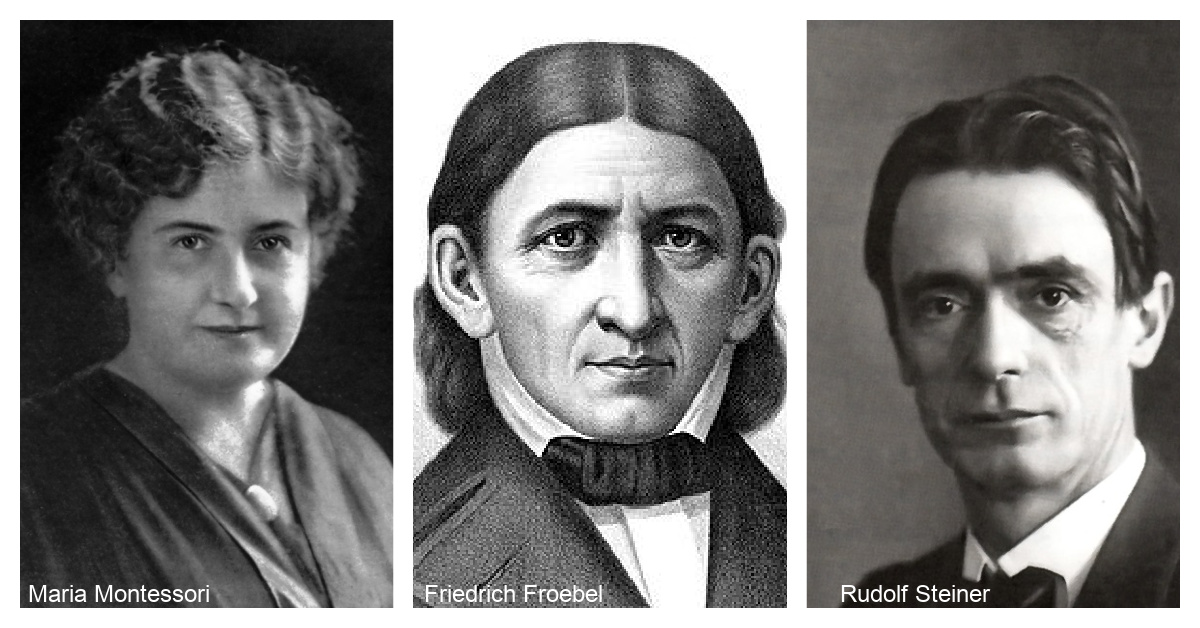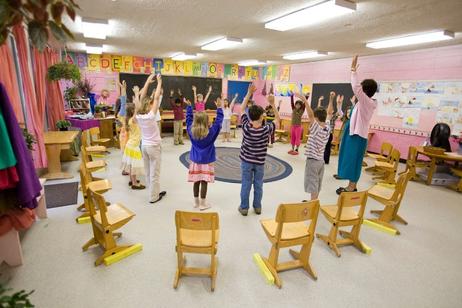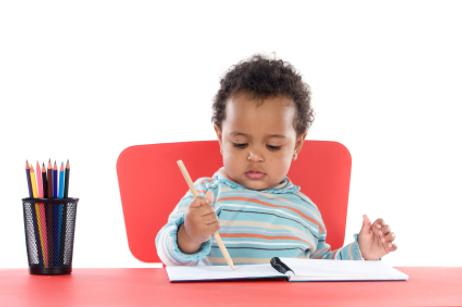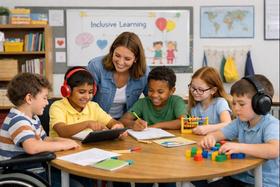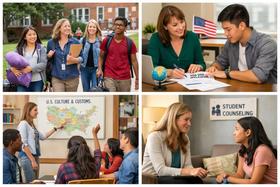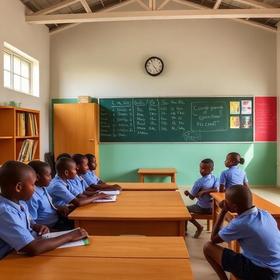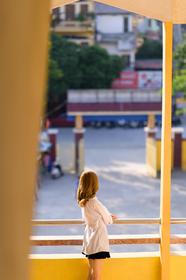5 Facts About Montessori Schools
What is Montessori?
Montessori is the name of a very popular approach for teaching preschool and primary-age children. We'll explore the reasons for its popularity later. First, let's examine how Montessori got its start. As with many great movements, Montessori began with an idea and some theories by one of those remarkable visionaries who dot the pages of history.
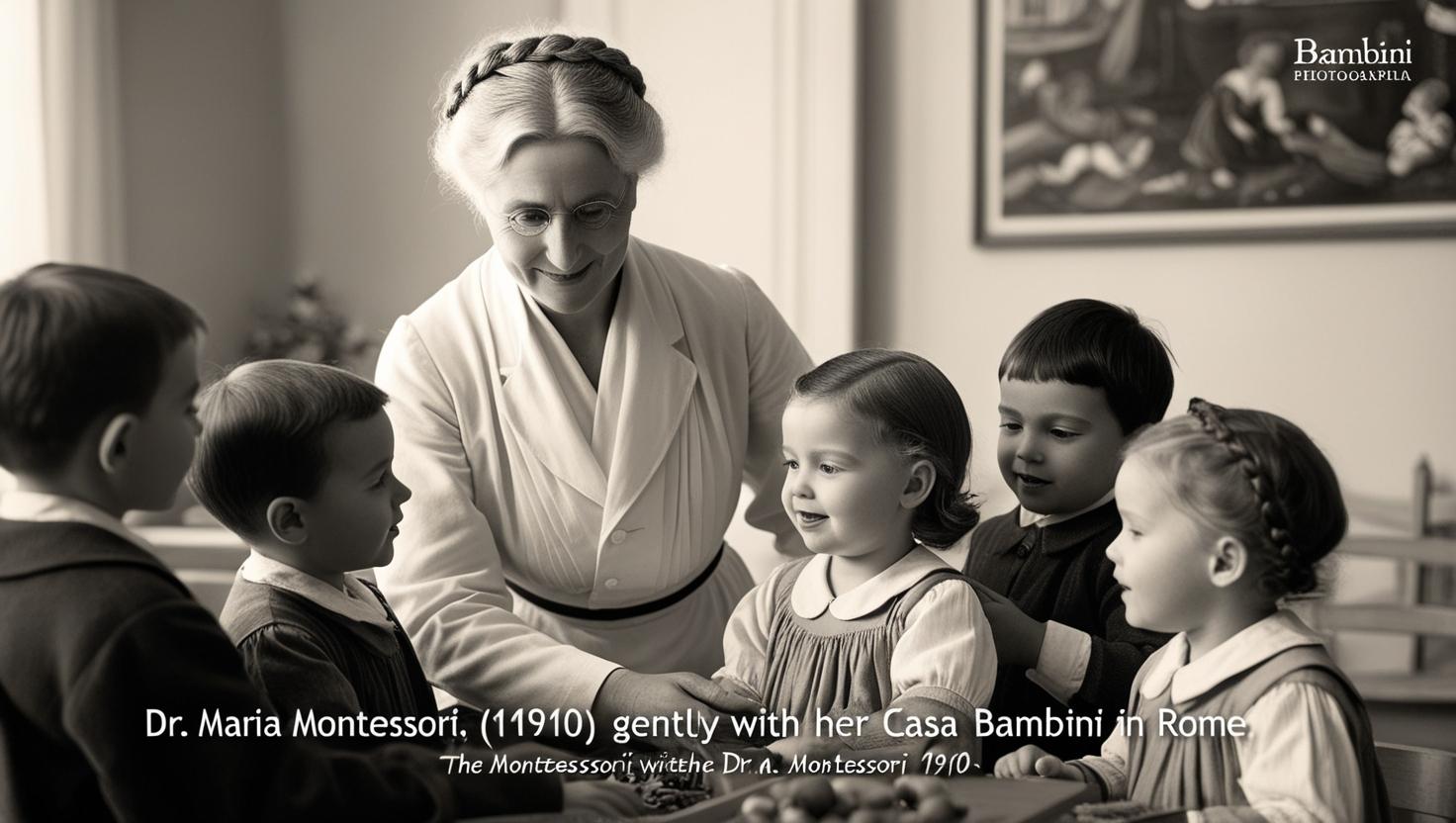
Life and Work of Dr. Montessori
Dr. Maria Montessori (1870-1952) was born and raised in Italy.
- She came from a family of modest means.
- Her father did not approve of her desire to be educated, much less to become a doctor.
- Women didn't do such things back at the end of the 19th century.
- Despite the many obstacles that stood in her way, Maria earned her degree from the University of Rome in 1896.
- Her specialty was pediatric medicine.
While Dr. Montessori worked towards her degree, she studied and worked with mentally disabled children. She got her chance to put her experience, observations, and theories into practice when she was invited to open a school for the children of working-class families in 1907.
- The school was located in a low-income housing project in Rome.
- The first Casa dei Bambini was a traditional school with desks, chalkboards, and all the other accouterments of classrooms of the day.
- Dr. Montessori herself did not teach.
- She left that task to the building

